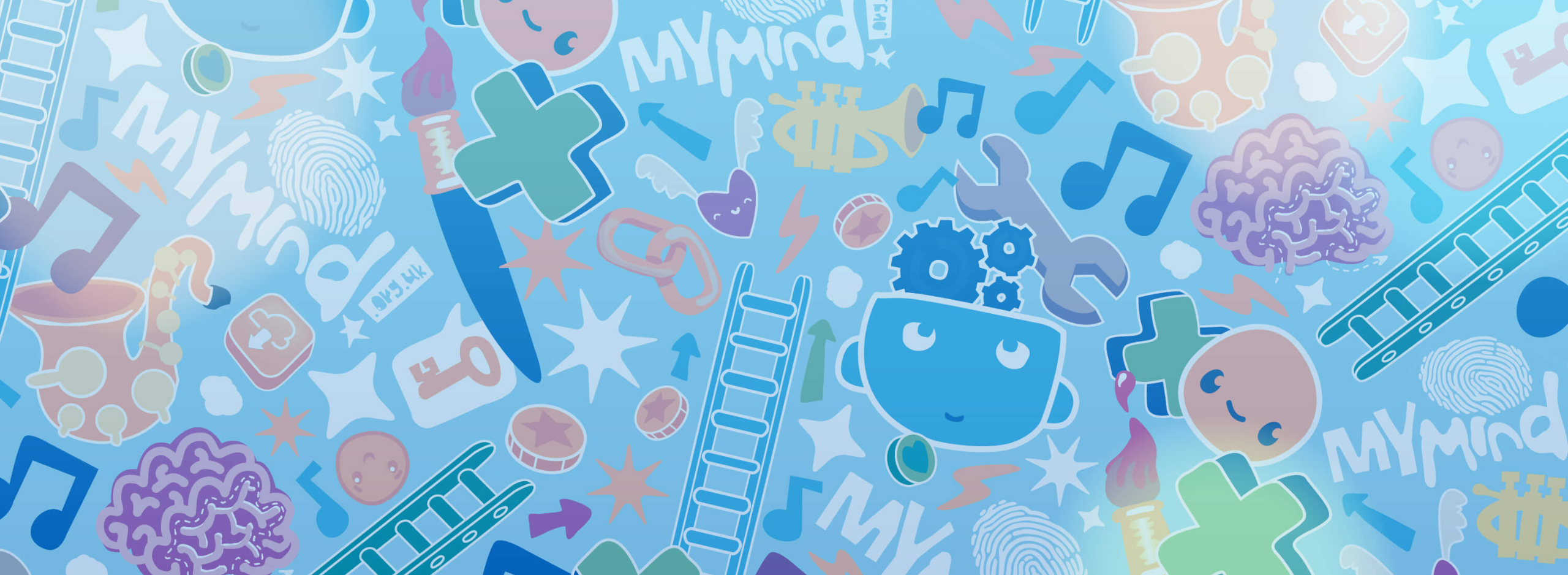Looking after our mental health is just as important as looking after our physical health. There are lots of things we can do every day to help us stay emotionally well.
Diet
We know that our appetite can be affected by our mental health and that one sign that a young person may be struggling with their mental health is changes to their appetite, whether that's eating more or less than usual. This, along with other symptoms may be the one of the first indications that something isn't quite right. We also know that our diet and what we eat can affect how we feel. This section contains resources around food and mood.
Mind
Some studies suggest that what we eat and drink can affect how we feel. But it can be difficult to know what to eat, especially when healthier foods can be more expensive. And it can be hard to think about our diet when we're struggling with our mental wellbeing.
NHS
The NHS website provides information about eating a balanced diet, including advice about vegetarian and vegan diets.
The website also provides information about healthy living, including eating a balanced diet, healthy weight, exercise, quitting smoking and drinking less alcohol.
Visit the NHS website for information on eating a balanced diet and also to learn more about healthy living.
Mindfulness
Mindfulness is the practice of focusing on the current moment in time and your thoughts and feelings to improve your mental state. It can include breathing and movement techniques and meditation.
Moodjuice
Moodjuice is designed to help you think about emotional problems and work towards solving them.
Sworkit
Sworkit provides the support and motivation people need to reach their wellness goals and take control of their health — anytime, anywhere, any age, any experience level.
NHS
It can be easy to rush through life without stopping to notice much. Paying more attention to the present moment – to your own thoughts and feelings, and to the world around you – can improve your mental wellbeing. Some people call this awareness "mindfulness". Mindfulness can help us enjoy life more and understand ourselves better. You can take steps to develop it in your own life.
Therapist Aid
Mindfulness exercises from the Therapist Aid.
Download the mindfulness exercises.
Get Self Help
Mindful breathing help from Get Self Help.
Download the mindful breathing document.
MindEd for Families
MindEd for Families has advice and information available to help you families to understand what mental health problems can occur and what they can do.
Exercise
Research has shown that physical activity can improve our mental health and wellbeing. Regular exercise can especially improve mood for those suffering with low mood or depression.
NHS
The NHS website contains some exercise guidelines and workouts to help improve your fitness and wellbeing.
The NHS website also provides information on the Couch to 5K programme, as something new like running can feel overwhelming, but that is completely normal. Many people feel this way at first. The free NHS Couch to 5K programme makes it easier by guiding you from the couch to running 5km in just 9 weeks.
Visit the NHS website for exercise advice, workouts, and the Couch to 5K programme.
Royal College of Psychiatrists
The Royal College of Psychiatrists provides information for children and young people and looks at the link between physical activity and mental health. It covers the benefits of physical activity and exercise, how exercise can support good mental health, and how active you need to be to feel better.
Visit the Royal College of Psychiatrists website.
Cheshire and Wirral Partnership NHS Foundation Trust (CWP)
CWP provides a record sheet to help you keep on track as you steadily work physical activity into your week.

